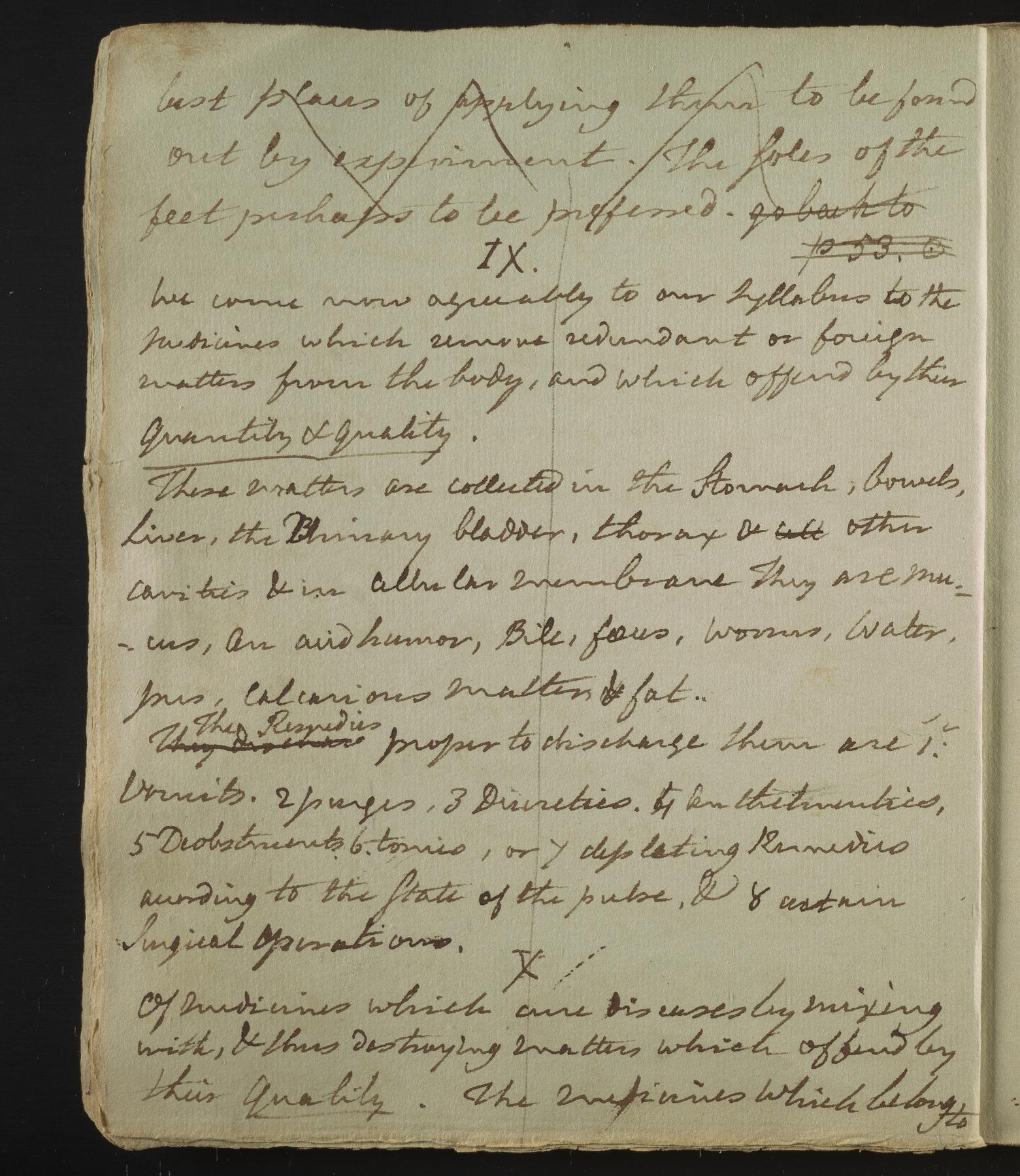 In a significant move, the Senate has approved a $95.3 billion foreign aid bill that provides critical assistance to Ukraine and Israel. The bill also includes humanitarian aid for civilians in Gaza, the West Bank, and Ukraine, among other priorities. This development marks a crucial step in addressing the needs of these nations and promoting stability in the region.
In a significant move, the Senate has approved a $95.3 billion foreign aid bill that provides critical assistance to Ukraine and Israel. The bill also includes humanitarian aid for civilians in Gaza, the West Bank, and Ukraine, among other priorities. This development marks a crucial step in addressing the needs of these nations and promoting stability in the region.
The Senate vote on Tuesday showcased a strong majority in favor of the bill, with a vote count of 70 to 29. Surprisingly, 22 Republicans voted in support of the bill, including influential figures like Senate Minority Leader Mitch McConnell. However, it remains uncertain whether Speaker Mike Johnson will bring the bill to the floor for a vote in the House.
The passage of this bill highlights the ongoing commitment of the United States to its allies and partners around the world. By providing much-needed aid to Ukraine and Israel, the U.S. aims to strengthen their security and support their efforts towards peace and prosperity. Additionally, the inclusion of humanitarian assistance for civilians in Gaza and the West Bank reflects America’s dedication to alleviating human suffering and promoting stability in conflict-affected areas.
The bill’s approval comes at a time when Ukraine continues to face significant challenges, both in terms of security and economic stability. With ongoing tensions in the region, this aid package will provide critical support to Ukraine, enabling it to address its pressing needs and enhance its resilience against external threats. Furthermore, this assistance will foster stronger ties between the United States and Ukraine, signaling unwavering support for its sovereignty and territorial integrity.
Similarly, Israel stands to benefit greatly from this foreign aid bill. As a longstanding ally in the Middle East, Israel plays a crucial role in regional security and stability. The financial assistance provided by the United States will further bolster Israel’s defense capabilities, ensuring its ability to protect its citizens and maintain stability in the region. Moreover, this aid package serves as a testament to the enduring partnership between the two nations, strengthening their bond and shared commitment to common values.
However, it is worth noting that not all parties are in favor of this bill. Former President Donald Trump has expressed his opposition to the legislation, aligning himself with congressional GOP members who are against its passage. This divide highlights the political complexities surrounding foreign aid and the diverse perspectives within the Republican party.
Nevertheless, the Senate’s decisive vote in favor of the bill sends a clear message of bipartisan support for foreign aid. It underscores the significance of providing assistance to nations in need and acknowledges the role the United States plays as a global leader. As the bill now moves to the House, the question remains whether Speaker Mike Johnson will bring it to a vote. The outcome of this decision will shape the future trajectory of foreign aid and determine the United States’ commitment to its allies.
In conclusion, the Senate’s approval of the $95.3 billion foreign aid bill signifies a crucial step towards supporting Ukraine, Israel, and other nations in need. This bill not only provides much-needed assistance but also reflects America’s dedication to promoting peace, stability, and humanitarian values around the world. As the bill moves to the House, its fate hangs in the balance, awaiting further action that will shape U.S. foreign aid policies and its role on the global stage.

